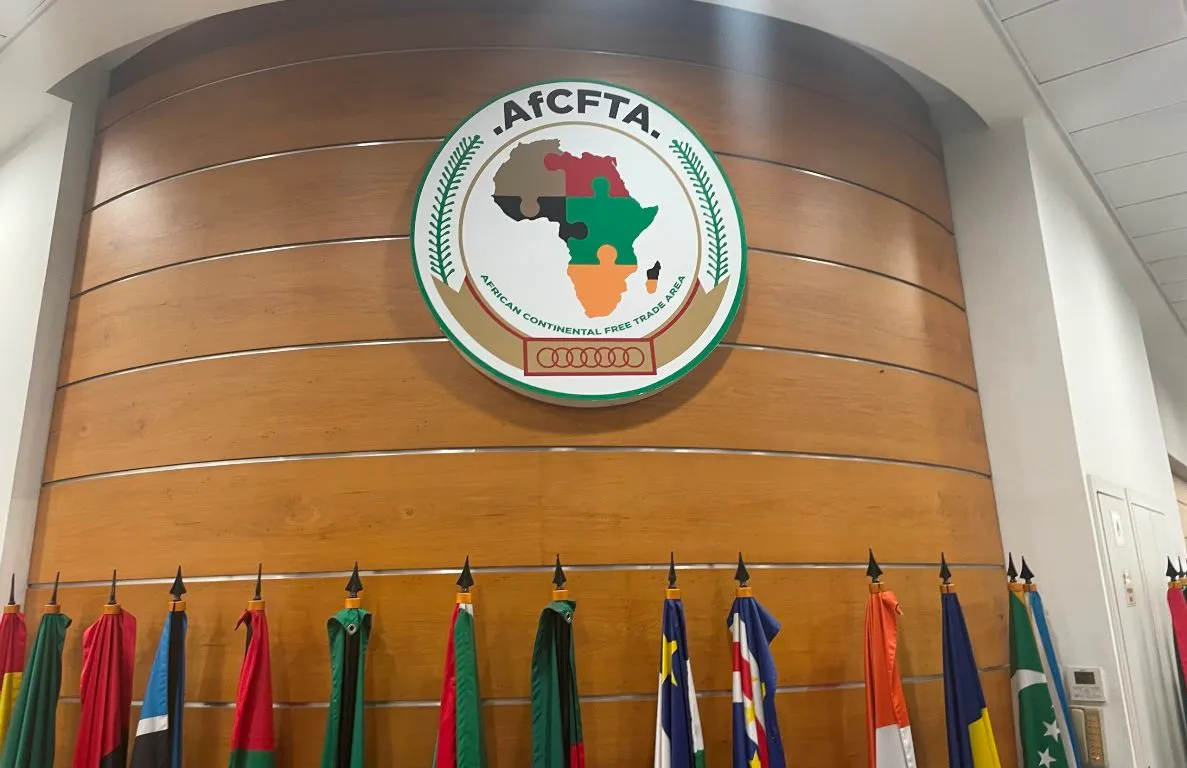Nigeria, Egypt, and Morocco were the top recipients of the $95 billion in remittances sent to Africa in 2024.
This was disclosed in the State of Africa’s Infrastructure Report 2025 published by the Africa Finance Corporation.
The report noted that diaspora remittances have proven more stable than both Foreign Direct Investment and official development assistance.
It read, “In 2024, Africa received over $95bn in remittances from its global diaspora, an amount roughly equivalent to total FDI inflows to the continent that year. The largest recipients were Egypt, Nigeria, and Morocco, followed by a growing number of mid-sized economies with substantial emigrant populations. Remittances have proven to be a stable and resilient source of external finance, often outperforming portfolio flows and official development assistance in terms of consistency. Indeed, with the exception of 2024, remittances have exceeded FDI flows to Africa in each of the past several years.
“While remittances are primarily directed toward household consumption and social obligations, they reveal the presence of trusted financial channels that could be leveraged for more structured investments, particularly through instruments such as diaspora bonds.”
Several African countries have experimented with diaspora bonds, yielding mixed outcomes. Ethiopia launched one in 2011 to fund the Grand Renaissance Dam, while Kenya, Egypt, and Nigeria have also floated foreign bonds.
The report by the continental bank outlined strategies to unlock the full investment potential of remittance-linked capital.
Some of these strategies include strengthening investor trust through good governance, reliable repayment, and legal protections.
The report also recommended mitigating macroeconomic risks—such as exchange rate volatility and inflation—by issuing diaspora instruments in foreign currency, indexing them to inflation, or offering globally competitive returns.










